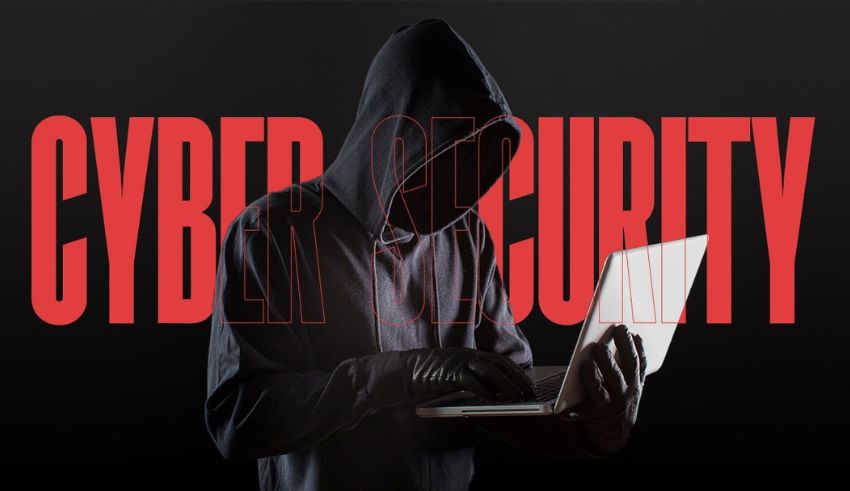

(C) Palawan News
The Philippines has turned to hackers for cybersecurity help as tensions with China rise over the disputed South China Sea. The Philippine government has hired hackers to test and improve its cyber defenses, and to conduct offensive cyber operations against its adversaries. The hackers, who are mostly former criminals or activists, have been recruited and trained by the Department of Information and Communications Technology (DICT) and the Armed Forces of the Philippines (AFP).
The use of hackers for cybersecurity and national security has some benefits and challenges for the Philippines, such as:
The Philippines will use these hackers for various purposes and functions, such as:
The Philippines, therefore, is using these hackers as a strategic and valuable asset and resource for its cybersecurity and national security, and as a potential and promising force and factor for its regional and global role and position. The Philippines, however, should also be aware and cautious of the risks and challenges of using these hackers, and should ensure that they are properly and effectively managed and supervised, and that they are aligned and compliant with the laws and the norms of the cyber domain.
HYCO1 and Malaysia LNG (MLNG) teamed up through a memorandum to establish a revolutionary carbon capture and utilization plant in…
OpenAI has released a significant update to ChatGPT, a big leap toward online shopping revolution. Starting this Monday, the new…
The All Blacks have a tough week, with Anton Lienert-Brown and Mark Telea suffering setbacks which will affect Super Rugby…
British-Filipino alt icon beabadoobee is coming home to Manila on her Asia Tour 2025. Be sure to save the date,…
In a unique melding of old spirituality with new technology, Johor's Tianhou Temple claims to have the first-ever Mazu statue…
Former DIA member Somyi is returning to the hallowed halls of K-Pop following legal troubles and a bitter stint in…
This website uses cookies.
Read More